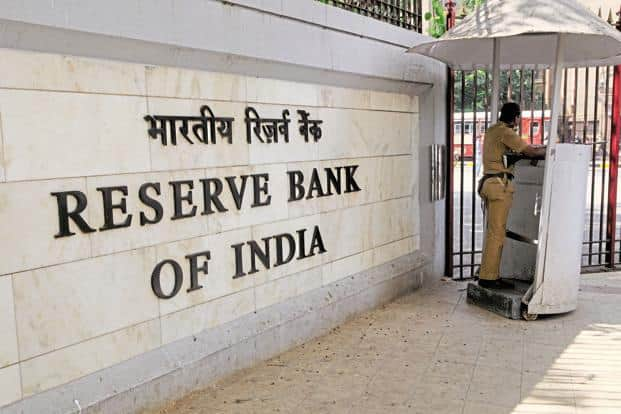RBI details plans on differentiated bank licences
The move will help widen sources of funding available to corporate sector, reduce banks' infrastructure financing burden
 Premium
Premium
Mumbai: The Reserve Bank of India (RBI) may license more niche banks and put new lending systems in place as it seeks to widen sources of funding in the economy.
RBI will explore the possibilities of licensing custodian banks and banks concentrating on whole-sale and long-term financing, RBI said in its monetary policy review on Tuesday.
“A paper in this regard will be put out for comments by September 2016," the central bank added.
Last year, RBI gave in-principle approval to 10 small finance banks and 11 payments banks, which are due to launch operations later this year or early next year.
Small finance banks will offer basic banking services and lend to unserved and underserved sections including small business units, small and marginal farmers, micro and small industries and entities in the unorganized sector. Payments banks will offer basic savings, deposit, payment and remittance services to people without access to the formal banking system.
In line with that thinking, RBI is now looking to introduce other differentiated entities—this time focused on wholesale lending and long-term financing.
The move will help widen the sources of funds available to the corporate sector. In particular, the development of entities focused on long-term financing will ease the burden of infrastructure financing which currently falls on the banking sector.
“In universal banks, we have been trying to do all kinds of loans on one balance sheet. With the state of the capital base and bad loans in some of the universal banks, their ability to serve different segments is under question," said Ashvin Parekh, managing partner, Ashvin Parekh Advisory Services Llp.
“In differential banks, there will be investors who will be willing to take different kind of bets and risks. This will help in financing projects better," he added.
While the idea of introducing specialized banks makes sense as far as quality of lending goes, there are some concerns around the funding these institutions would be able to access.
“The reason universal banks have been able to do long-term and wholesale financing is because retail liabilities have helped them access funding at a cheaper cost. If competitive funding avenues are not discovered, the idea of differential banking will suffer," said Abizer Diwanji, partner and national leader, financial services, at consulting firm EY.
According to Diwanji, the idea of such differentiated banks is still at a nascent stage and it needs to be thought through properly.
In 2002, ICICI Ltd, a wholesale financing firm, was merged with ICICI Bank, a retail lender, through a reverse merger to create a universal bank. One of the reasons for the move was that the cost of raising retail deposits would be much lower than the cost of funds for a specialized wholesale loan, allowing the institution to price loans cheaper.
Meanwhile, keeping an eye on evolving new models like peer-to-peer (P2P) lending, RBI said it would issue a concept paper on regulations for such lending, which entails advancing money to individuals and businesses through online services that connect individual lenders and borrowers.
RBI governor Raghuram Rajan said that while P2P volumes are small, they can grow rapidly, which necessitates regulation.
“The volumes are still small but they can expand very quickly," Rajan said, citing the example of China and concerns expressed there about “at least one scheme that has gone off track".
“This sort of impels us to move faster on this and before they get big, let us understand them," Rajan told reporters.
According to the central bank governor, there exists some confusion as to which regulator would have jurisdiction over P2P companies, whether it would be RBI or the Securities and Exchanges Board of India (Sebi). While there is no regulatory friction so far, Rajan believes the issue will come up at the Financial Stability and Development Council (FSDC) soon.
The FSDC is a high-powered body whose members include both the RBI governor and the Sebi chairman.
The P2P lending space sees the central bank’s interest in regulating the sector as a welcome sign.
“Technology-enabled P2P lending is the most innovative and disruptive financial product worldwide; guidelines will give a boost to providing easy access to credit-starved borrowers in India through reduced interest rates," said Rajat Gandhi, founder, Faircent.com, India’s largest P2P market place.
Unlock a world of Benefits! From insightful newsletters to real-time stock tracking, breaking news and a personalized newsfeed – it's all here, just a click away! Login Now!


